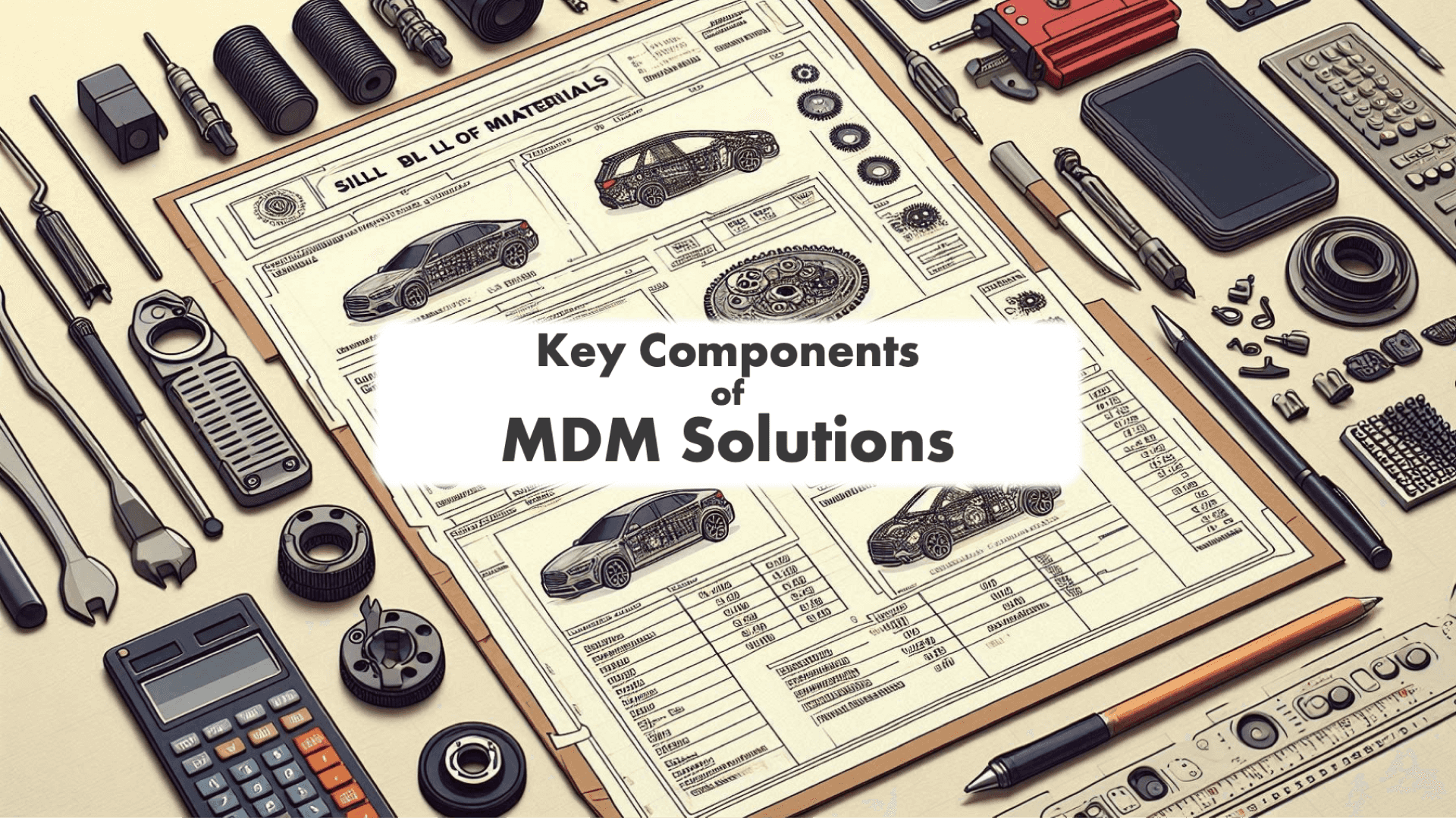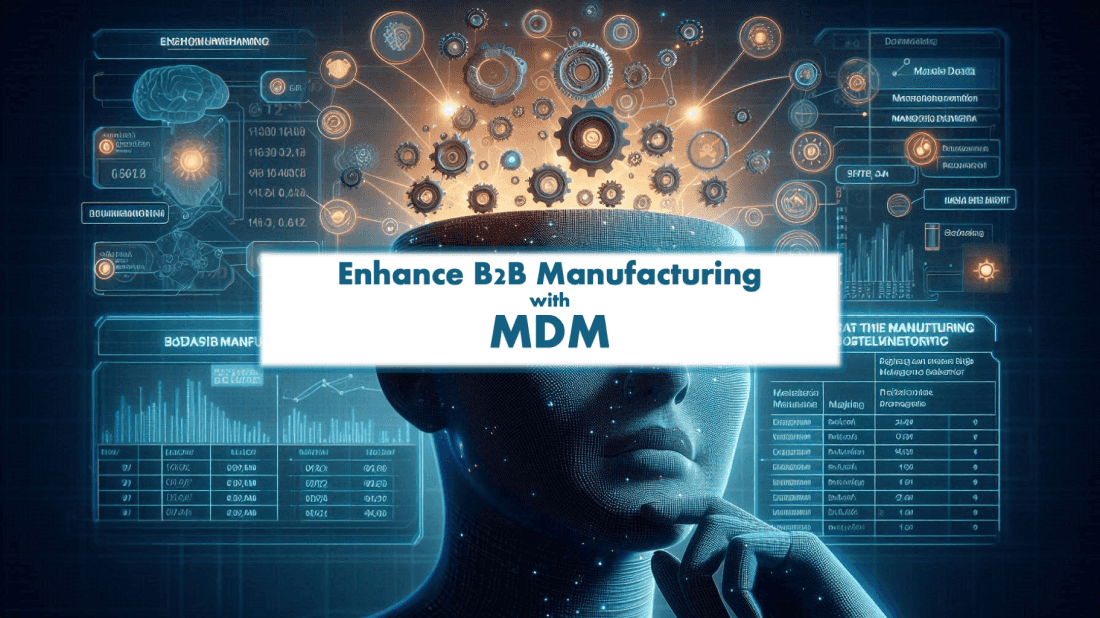Aug 17th, 2024
Effective data management is crucial for B2B manufacturers to stay competitive and efficient.
Introduction
Effective data management is crucial for B2B manufacturers to stay competitive and efficient. By optimizing data processes, businesses can enhance operational efficiency, improve customer experiences, and drive long-term success. This article delves into strategies for revolutionizing data management in the B2B manufacturing sector.
Understanding Modern Customer Needs
In today’s market, consumers have access to more information than ever before. As products become more similar, companies must focus on delivering exceptional customer experiences to stand out. Providing accurate and consistent product information, coupled with a seamless service structure, is key to meeting and exceeding customer expectations. Companies that prioritize customer satisfaction can differentiate themselves and achieve sustained success.
Navigating Data Challenges for B2B Manufacturers
B2B manufacturers often handle massive amounts of data due to their extensive product lines and global operations. Managing this data effectively is essential for maintaining efficiency and supporting various business functions. However, without proper strategies, data can become overwhelming and difficult to manage
Emphasizing Standardization
Adopting industry standards in data management can simplify processes and reduce the likelihood of unexpected issues. Standard solutions offer a broad range of software options and proven methodologies, enabling companies to focus on their unique needs. Leveraging established standards ensures efficient and reliable data management.
Building a Centralized Data Repository
Many companies struggle with fragmented data systems, where information is scattered across different platforms and formats. Creating a centralized data repository—a single source of truth—ensures data consistency and reliability. This central hub consolidates data from various sources, standardizes it, and maintains it in an organized, accessible format.
Strategies for Optimizing Data Management
Data Collection
Begin by gathering essential data from primary systems such as ERP, which house core product information. This raw data is then transferred to the centralized repository. Additional data sources, including internal systems and external documents, are integrated to form a comprehensive dataset.
Data Organization
Organizing data involves identifying common attributes and creating standardized data models. These models provide a consistent framework for describing products, facilitating better analysis and streamlined processes. Proper data classification is fundamental to effective data management.
Data Enrichment
Enhancing basic product data with additional information increases its value and usability. Data enrichment can be performed manually, where employees add detailed descriptions and marketing content, or through automated processes that integrate data from other systems like DAM for images and documents.
Leveraging AI for Data Enhancement
Artificial intelligence can significantly improve data enrichment. AI models specializing in pattern recognition can analyze and tag images and other assets, feeding enriched data back into the central repository. The level of automation and manual quality control can be tailored to specific business needs.
Multilingual Data Management
For global operations, translating content into multiple languages is essential. AI-powered translation tools ensure timely and cost-effective translations, while professional translators can be integrated for higher quality and accuracy. This approach guarantees consistent and reliable market-specific content.
Effective Data Distribution
Efficient data distribution supports various channels, including online platforms, printed materials, and CRM systems. Ensuring that each channel receives tailored, up-to-date information helps maintain consistency and relevance across all customer touchpoints.
Conclusion
Efficient data management is fundamental to the success of B2B manufacturers. By leveraging AI, adhering to industry standards, and maintaining a centralized data repository, companies can enhance their operational efficiency, improve customer experiences, and drive business growth. Implementing robust data management practices positions B2B manufacturers for success in an increasingly competitive landscape.
About Neurologik.io
Do you feel like your product team at your company spends way too much time on tedious data administration instead of actual product work?
Neurologik.io streamlines all your product data into one intuitive platform, putting an end to hunting through scattered systems and manually updating information. Our advanced PIM system, ProductHub, allows customers to cut their data management workload by 80% on average. Imagine what your team could accomplish with all that time saved.
If you’d like to explore how Neurologik.io can massively boost your company’s product team productivity, Contact us for a ProductHub demo today and experience our advanced PIM system in action.







